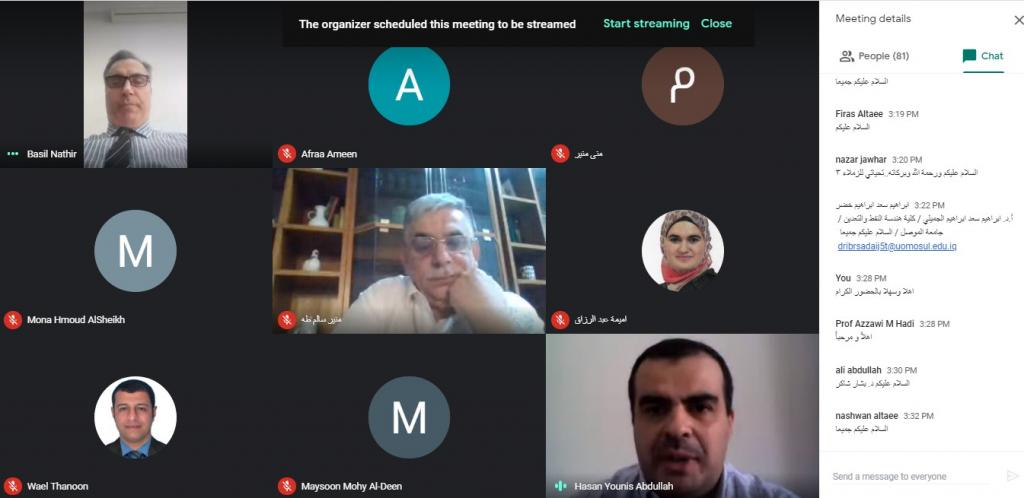14 July، 2020
The College of Medicine Holds Webinar in Cooperation with the Faimar Foundation for the Development of Medical Education in the Middle East and North Africa on the Rules for Developing Multiple-choice Questions

14 July، 2020
The College of Medicine Holds Webinar in Cooperation with the Faimar Foundation for the Development of Medical Education in the Middle East and North Africa on the Rules for Developing Multiple-choice Questions

yasirtalal2025-12-15T22:46:41+00:0015/12/2025|
yasirtalal2025-12-12T08:04:07+00:0011/12/2025|
yasirtalal2025-12-10T17:51:11+00:0009/12/2025|
yasirtalal2025-12-10T16:57:53+00:0009/12/2025|
yasirtalal2025-12-10T17:18:32+00:0008/12/2025|
yasirtalal2025-12-08T13:57:45+00:0008/12/2025|
yasirtalal2025-07-08T12:49:56+00:0008/07/2025|
yasirtalal2025-07-04T12:30:36+00:0001/07/2025|
yasirtalal2025-06-25T07:50:30+00:0025/06/2025|
yasirtalal2025-06-30T07:41:17+00:0024/06/2025|
yasirtalal2025-06-05T11:45:10+00:0004/06/2025|
yasirtalal2025-05-18T22:19:48+00:0018/05/2025|
yasirtalal2025-12-10T16:57:53+00:0009/12/2025|
yasirtalal2025-10-27T19:26:20+00:0005/09/2025|
yasirtalal2025-08-21T19:56:57+00:0020/08/2025|
yasirtalal2025-08-20T20:47:58+00:0019/08/2025|
yasirtalal2025-08-18T21:16:19+00:0017/08/2025|
Al Majmoaa Street
Postal Code : 41002
Mosul – Iraq
All Rights Reserved for University of Mosul - 2025